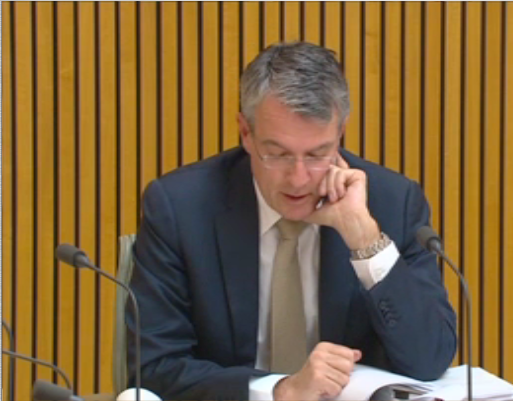A parliamentary joint committee on intelligence and security session regarding Australia’s tough new citizenship amendment heard from human rights organisations who suggest it needs amending and clearer definitions.
The session was held over two days and took into account submissions from human rights organisations. Many of these submissions describe the bill as unclear and Australian human rights commissioner Gillian Triggs has described it as “vague”.
Currently the bill lists three ways dual nationals can automatically lose their Australians citizenship. It can be renounced “by conduct” if they engage in terrorist activities, if they go overseas to fight for foreign military deemed enemies of Australia or if they are convicted of terrorism offences or “certain other offences” by an Australian court. There is also broad language that leaves room for expansion on the bill that could apply it to sole nationals.
“It does strike at the heart of Australian multiculturalism and our migrant status,” Professor Triggs said.
“It’s unnecessarily broad and vague and it would be far better to have a much more focused piece of legislation that really does strike at those people who are acting in a way that constitutes a terrorist act.”
Amnesty International’s submission to the committee suggested the legislation be rejected, however, if passed the bill should be changed so that it allows no immediate revoking of citizenship after criminal conviction and leaves stripping citizenship as a last resort. The group also suggested that offences should be appealable and the decision should be made by an independent body.
Unicef Australia in their submission asked for clarification of who would be conducting the assessment of whether a person’s conduct falls within definitions of the criminal codes, what evidence they will use and standards of evidence that apply.
Australian Security Intelligence Organisation (ASIO), the immigration department, the attorney general’s department and the federal police also gave evidence.
Labor has given support in-principle for the citizenship amendment but shadow attorney general Mark Dreyfus has recommended that the information relating to convictions should be made public so that people can see how the law would affect them.
The government has ruled that information drawn from public sources cannot be made public
The committee has been asked to report by August 21.






